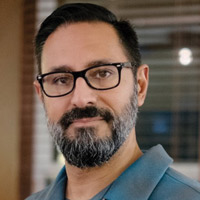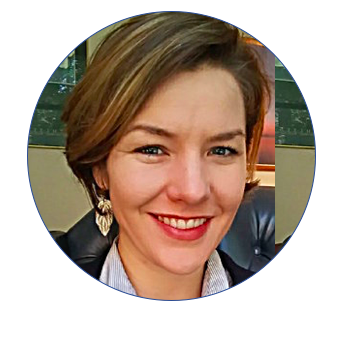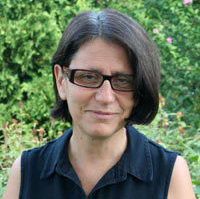MA in Couple & Family Therapy
Foster strong interpersonal bonds.
Couple and family therapists (CFTs) are mental health professionals trained in psychotherapy and family systems. They work with individuals, children, couples and expanded relationships, and families of all constellations to help with mental and emotional disorders, health and behavioral problems, and relationship issues. Through a systemic lens, CFTs approach treatment holistically by focusing on the mind, body, social contexts, and relational systems—partners, coworkers, friends, and family members—of their clients.
Graduates can expect to have exceptional job opportunities, with the demand for qualified, licensed couple and family therapists expected to increase by 16% by 2033 according to the United States Department of Labor.
This degree is offered by Antioch University's New England Campus.
Program Overview
Antioch University’s CFT programs prepare students to become socially just couple and family therapists, emphasizing self-of-therapist work and integrating the principles of social justice and diversity throughout all courses and clinical work. The MA in CFT program is designed to prepare you to begin a career in couple and family therapy by providing conceptual and clinical skills, as well as professional development and socialization.
The mission of the Couple and Family Therapy Master of Arts program at Antioch University is to prepare and train knowledgeable, skilled, self-aware, and ethical couple and family therapists through an experiential educational approach that centers anti-racism, multicultural awareness, and social justice.
Antioch University New England’s MA and PhD in Couple and Family Therapy programs are accredited by the Commission on Accreditation for Marriage and Family Therapy Education (COAMFTE). This specialized professional accreditation ensures that the program meets national standards, not just state or regional standards for couple and family therapy education. The MA program has been accredited since 1993 and the PhD program since 2010.
Upon completion of post-graduate clinical requirements, graduates of the Couple and Family Therapy Program are eligible for American Association for Marriage and Family Therapy (AAMFT) clinical membership and licensure or certification.
Additional Details
Licensure Information
This program is designed to lead to state licensure.
Additional Licensure Information
Antioch’s MA in Couple and Family Therapy (CFT) program utilizes a low-residency format, designed to be completed in as little as two and a half years (28 months) of full-time enrollment or approximately four and a half years (44 months) of part-time enrollment. Students have one full year of coursework before beginning their practical experience (internship). Short in-person, face-to-face learning experiences, i.e., residencies, are what distinguish a low-residency format from a traditional online program.
- Low-residency program: hybrid model with online classes and in-person residencies
- Earn your degree in 28 months or as little as seven semesters
- Complete a four-semester clinical training experience (internship) near your home
- At least 300 hours of direct clinical contact experience plus 100 hours of AAMFT-approved supervision
- The COAMFTE-accredited program ensures preparation for the national MFT exam and facilitates license attainment
- Students who graduate from our master’s program receive a 20% tuition discount for the first two years of their doctorate
Residencies are 5-day learning opportunities combining seminars, workshops, guest lectures, advising sessions, peer discussions, and student presentations, designed to build lifelong learning communities and professional relationships. They take place twice during the first year of the program (typically in semesters 1 and 3). Residencies take place on Antioch Campuses located on the East Coast, West Coast, and Midwest.
Outside of Residencies, you will work on course material online – via live seminar-style classes – and assignments that are completed on your own (readings, forum postings, papers, etc.). During the clinical training experience (internship), students attend weekly supervision meetings (typically through video conferencing), in addition to attending on-site supervision at their internship site.
Students get the best of both worlds: connection to professors and classmates through online learning, and in-person training during the residencies.
Program Length — 60 credits
The CFT-MA full-time program is designed to be completed in as little as two and a half years, usually in seven semesters (fall-spring-summer-fall-spring-summer-fall)
- Year One: students complete three foundational residency/intensive courses, as well as the majority of the core CFT classes to build a foundation for their clinical work.
- Year Two: Students continue their traditional coursework while also engaging in clinical work in their internship experience. Students complete their internship near their place of residence while receiving online video supervision from an AAMFT-approved supervisor or Supervisor Candidate.
- Year Three (half year): students will conclude their internship and coursework, finishing the program in as little as seven semesters.
During the internship, students will accrue direct client contact hours, including relational client contact hours ( therapy with couples or families), in order to meet both COAMFTE clinical training requirements and the graduate program clinical requirements for their state.
Social justice informs our thinking about training in the Master’s program. We see social justice in Couple and Family Therapy education as involving the following key concepts:
- Social justice clinical practice is focused on helping diverse families and contributes to the positive development of families and their communities.
- Social justice implies an explicit action orientation.
- Social justice involves understanding the diversity of people and families:
- Diversity includes ability, sexual orientation, race, ethnicity, country of origin, age, social class, religion, and gender (that is, systems that affect individual and family access to power and resources). Particular focus is on underserved and high-risk families.
- Diversity also includes diverse family structures, including extended kinship networks, gay and lesbian families, step-families, etc.
- Social justice has policy implications; therapists working from a social justice perspective work to effect supportive family policy that recognizes diversity and improves resiliency, and have a responsibility to participate in social and political systems affecting families.
- Social justice involves recognizing that social and legal systems affect the people we work with
- Social justice researchers have a responsibility to do socially informed research, which is sensitive to diversity.
Diversity is defined in terms of differences between groups of people with respect to structural disadvantage and systemic marginalization. These differences are related to such factors as gender, sexual identity, social class, ethnicity, race, religion, spirituality, age, health/ability, immigrant status, etc.
As a Commission on Accreditation for Marriage and Family Therapy Education (COAMFTE) accredited Master’s program, we are required to report a number of student achievement criteria on our website.
- Program Goal 1. (Knowledge) Graduate students who demonstrate understanding of foundational and contemporary relational systemic theories and models and who are prepared to obtain licensure as MFTs.
- SLO 1: Students demonstrate knowledge of CFT models and interventions that are adaptable to work with populations of varying social locations and contexts. (Knowledge)
- SLO 2: Students demonstrate knowledge of broader content areas in CFT, including human development and family studies, families in larger systems, human sexuality and sex therapy, addictions, and intrafamilial violence. (Knowledge)
- Program Goal 2. (Practice) Graduate students who apply systemic clinical skills and models to practice as a CFT and integrate multiculturally-attuned clinical skills that are adaptable to work with client populations of varying social locations and global contexts.
- SLO 3: Students will effectively apply relational and family systems theories to practice systemic case conceptualization and treatment planning in their clinical work. (Practice)
- SLO 4: Students demonstrate competency in systemic assessment and diagnosis. (Practice)
- SLO 5: Students demonstrate differentiated and culturally-attuned positions while engaging in critical and exploratory conversations with people from backgrounds and perspectives different than their own. (Practice)(based on SE SLO4)
- Program Goal 3. (Ethics) Graduate students who demonstrate a relational systemic ethical, administrative, and professional framework that is reflected in practice with client populations of varying social locations and contexts.
- SLO 6: Students demonstrate professionalism in CFT. (Ethics)
- SLO 7: Students demonstrate legal and ethical competence by understanding and adhering to relevant laws and ethical codes, including the AAMFT Code of Ethics. (Ethics)
- Program Goal 4. (Research) Graduate students who engage with, apply, and critique CFT research, advocating for the inclusion of diverse populations, sociocultural awareness, and social justice in future scholarship, while considering the complexity of identity.
- SLO 8: Students demonstrate understanding of systemic, anti-racist, and anti-oppressive qualitative and quantitative research methodologies through a critical lens. (Research)
- SLO 9: Students apply systemic research to clinical practice with client populations of varying social locations and contexts. (Research)
- Program Goal 5. (Diversity) Advance the profession by graduating a diverse student body trained to practice CFT from a socially just and culturally responsive framework that promotes inclusion, respect for diversity, anti-discrimination, and social responsibility.
- SLO 10: Students demonstrate self-awareness of social structures, social locations, experiences, and biases that influence their practice as CFTs. (Diversity)
- SLO 11: Students demonstrate and integrate an anti-racist and anti-oppressive stance in their knowledge and systemic practice. (Diversity)
Additional Links
2025-2026 Clinical Training Handbook
2024-2025 Clinical Training Handbook
Faculty Spotlights
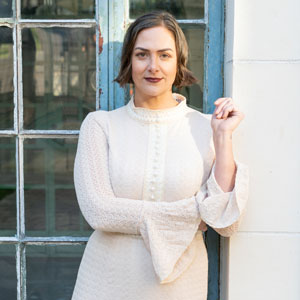
Rhiannon Beauregard
Affiliate Faculty
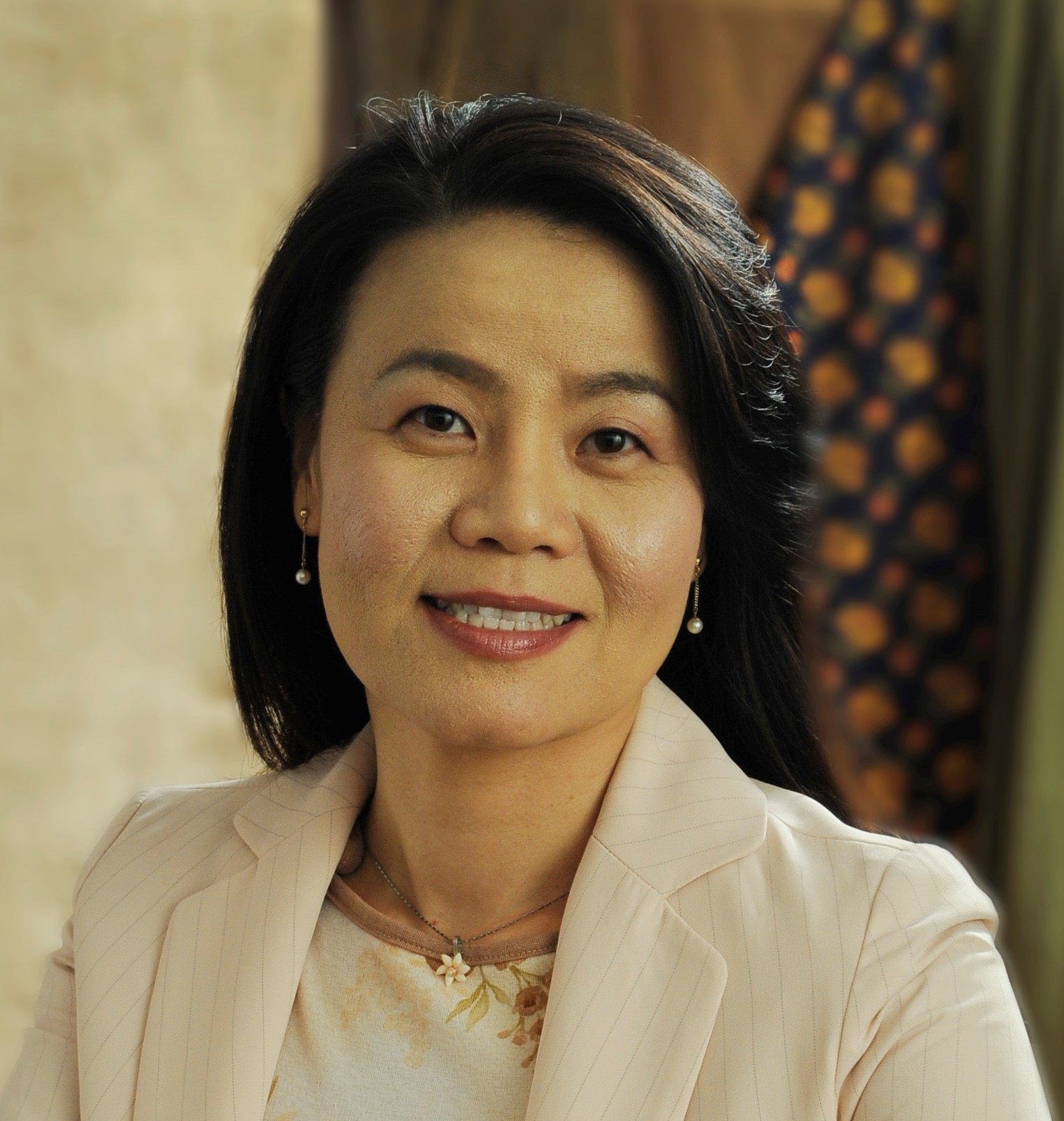
Maria Kim, PhD
Teaching Faculty and Director, Art Therapy/CFT Concentration
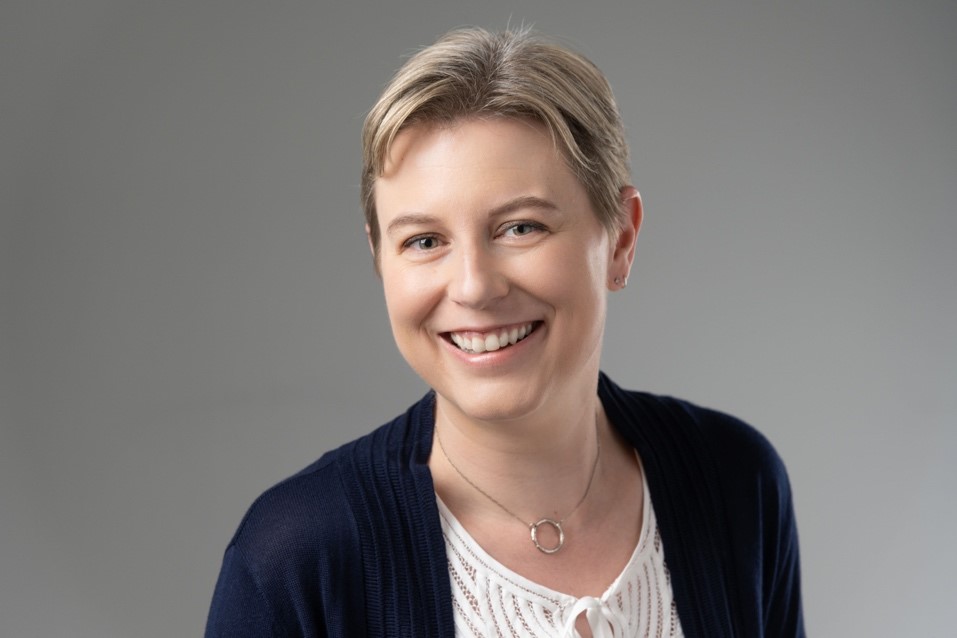
Gretta Duleba
Adjunct Faculty
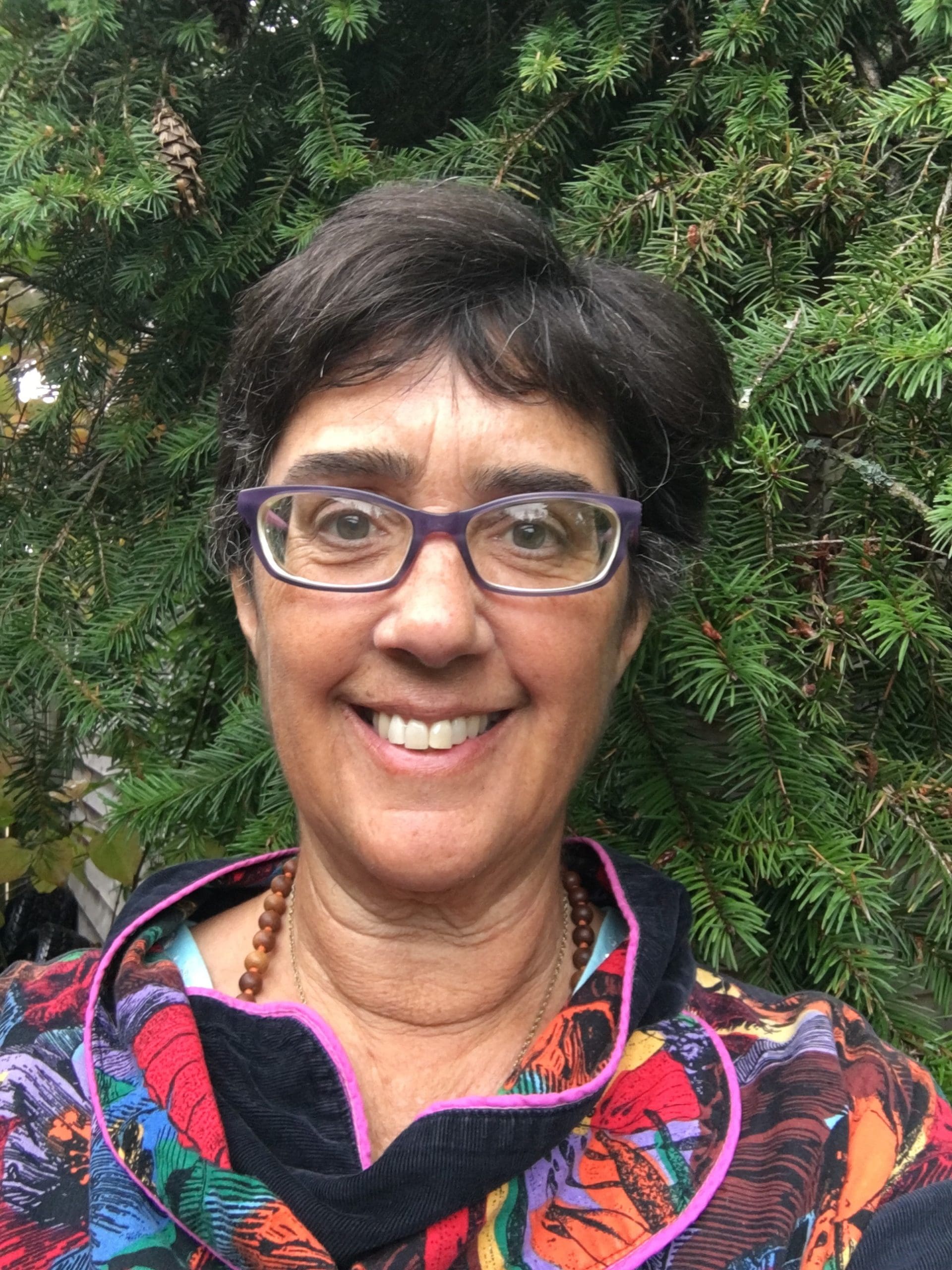
Lynn Dhanak
Teaching Faculty
Admissions
Application Deadline
| Term | Date |
|---|---|
| Fall | July 1 |
| Spring | November 1 |
How to Apply
- Complete the online admissions application, including:
- Essay questions, admissions and program-specific
- Resume/curriculum vitae (CV)
- Non-refundable $50 application fee
- Submit official transcripts from all colleges or universities where you earned a degree or certificate.
- email transcripts to [email protected], or
- mail to:
Office of Admissions
Antioch University New England
40 Avon Street
Keene NH 03431-3516
- OPTIONAL: Two letters of recommendation from people who are in a position to evaluate your professional or academic work. The person making the recommendation may not be related to you.
- There are additional requirements for International applicants and applicants without a Bachelor's degree
- Interview with a faculty member of the department to which you seek entry if selected. This can be in person, by phone, or via Skype.
- Master’s and Certificate Programs do not require the GRE or any other standardized test for admissions. We consider all of your application materials, and evaluate your academic potential in a variety of ways.
Official transcripts should be emailed to [email protected] or mailed to:
Office of Admissions
Antioch University New England
40 Avon Street
Keene, New Hampshire 03431-3516
All application materials submitted become part of an applicant’s file and cannot be returned.
Tuition & Financial Aid
A college education is an investment in your future. Let us help you understand the costs and explore the resources available to help make your college education even more affordable. The majority of AUNE students finance their education through some form of financial aid. You may not be sure which federal, state, public and private aid packages – such as loans, scholarships, and grants – are right for you. Our staff is here to help you, so you can focus on what’s most important: beginning your academic program at AUNE.
Cost
| Degree | Tuition Cost per Credit | Total Program Credits |
|---|---|---|
| Couple and Family Therapy, MA | $1,168 | 61 |
| Certificate: | ||
| Couple and Family Therapy, Post Masters’ Respecialization Certificate | $840 | Variable (27-30) |
| Couple and Family Therapy, Gender Affirming Clinical Practice Certificate | $866 | 12 |
| Couple and Family Therapy, PhD: | 86 | |
| Year 1: Fall or Spring | $17,768 semester | |
| Year 2: Summer, Fall, or Spring | $14,502 semester | |
| Year 3: Summer, Fall, or Spring | $14,242 semester | |
| Year 4: Summer, Fall, Spring | $8,071/semester | |
| View the Cost of Attendance Components | ||

Start your Antioch Journey
Take your next step - talk to our admissions team to find the right program for you.

